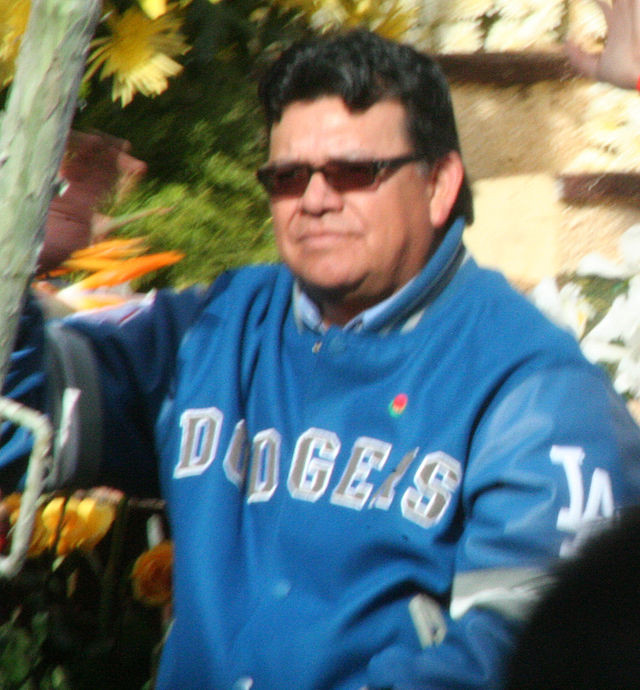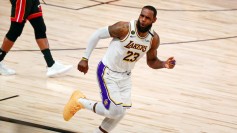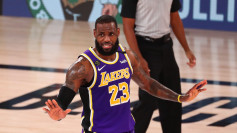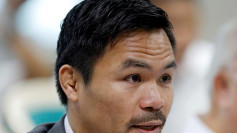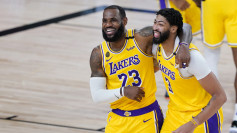The cause of death for Fernando Valenzuela, the beloved Los Angeles Dodgers pitcher whose career inspired "Fernandomania" and cemented him as a sports icon, has been revealed as septic shock, according to his death certificate. Valenzuela, who passed away at 63, also suffered from underlying liver conditions, including decompensated alcoholic cirrhosis and nonalcoholic steatohepatitis cirrhosis. The medical examiner further noted a suspected case of Creutzfeldt-Jakob disease, a rare degenerative brain disorder, potentially contributing to his declining health.
The news of Valenzuela's passing stunned the baseball world, particularly his fans in Los Angeles and the Latino community, where he remains a revered figure. A Dodgers representative confirmed that the six-time All-Star died in a Los Angeles hospital, just weeks after stepping away from his role as a color commentator for the Dodgers' Spanish-language broadcast team to focus on his health. His sudden absence from the broadcast booth in September foreshadowed the severity of his health battles.
Stan Kasten, Dodgers' team president and CEO, reflected on Valenzuela's immeasurable impact: "He is one of the most influential Dodgers ever and belongs on the Mount Rushmore of franchise heroes. He galvanized the fan base with the Fernandomania season of 1981 and has remained close to our hearts ever since, not only as a player but also as a broadcaster. He has left us all too soon."
Valenzuela's career achievements and larger-than-life personality made him a baseball legend. He burst onto the Major League Baseball scene in 1981, becoming the first player to win both the National League Cy Young Award and Rookie of the Year in the same season. His remarkable debut, which included a streak of complete-game victories and a microscopic ERA, earned him an indelible place in Dodgers history. Fans embraced him with a fervor that transcended the sport, dubbing the phenomenon "Fernandomania."
Valenzuela's cause of death, septic shock, often occurs as a result of overwhelming infection leading to organ failure. In Valenzuela's case, complications from severe liver disease likely played a role. Decompensated alcoholic cirrhosis and nonalcoholic steatohepatitis cirrhosis were cited as contributing factors on his death certificate, illustrating a prolonged battle with liver issues. While he was known for his baseball prowess, Valenzuela's struggles with health behind the scenes were lesser-known aspects of his life.
The death certificate also highlighted a possible diagnosis of Creutzfeldt-Jakob disease, a rare and rapidly progressive brain disorder. This condition, while unconfirmed in Valenzuela's case, could cause severe neurological symptoms. It remains unclear if this contributed significantly to his death, but the suspicion adds a layer of tragedy to his health decline.
For fans like Eva Torres, who traveled from Anaheim to honor Valenzuela's memory, his passing represents the end of an era. "I wasn't a fan of baseball, but I am a fan of his," Torres said. "He's like me: an immigrant that came here to do great things."
Valenzuela's passing coincides with a time when the Dodgers prepared to open the World Series at home. Major League Baseball Commissioner Rob Manfred confirmed plans to honor Valenzuela's legacy during the series at Dodger Stadium. "Fernando will always remain a beloved figure in Dodger history and a special source of pride for the millions of Latino fans he inspired," Manfred said.
Throughout his 17-season career, Valenzuela achieved numerous accolades, including a Gold Glove, two Silver Slugger Awards, and a career highlight no-hitter in 1990. He retired with 173 wins and 2,074 strikeouts, becoming the all-time leader in wins and strikeouts among Mexican-born players. His legacy continued as a broadcaster, connecting with new generations of fans and inspiring countless aspiring athletes.
The Dodgers have memorialized Valenzuela's contributions with a jersey patch honoring him throughout their 2025 season, a tribute to his profound influence on the sport and culture. The team previously retired his number in 2023, breaking its longstanding tradition of requiring Hall of Fame induction for jersey retirement. This decision reflected Valenzuela's irreplaceable place in the Dodgers' legacy.
Valenzuela is survived by his wife Linda, whom he married in 1981, their children, and seven grandchildren. His family and fans continue to mourn a man who transcended the role of athlete, becoming a symbol of hope and community pride. As actor Danny Trejo wrote on social media, "God bless Fernando Valenzuela!" His memory, contributions, and legacy will live on, even as the baseball world grapples with the loss of one of its greats.
